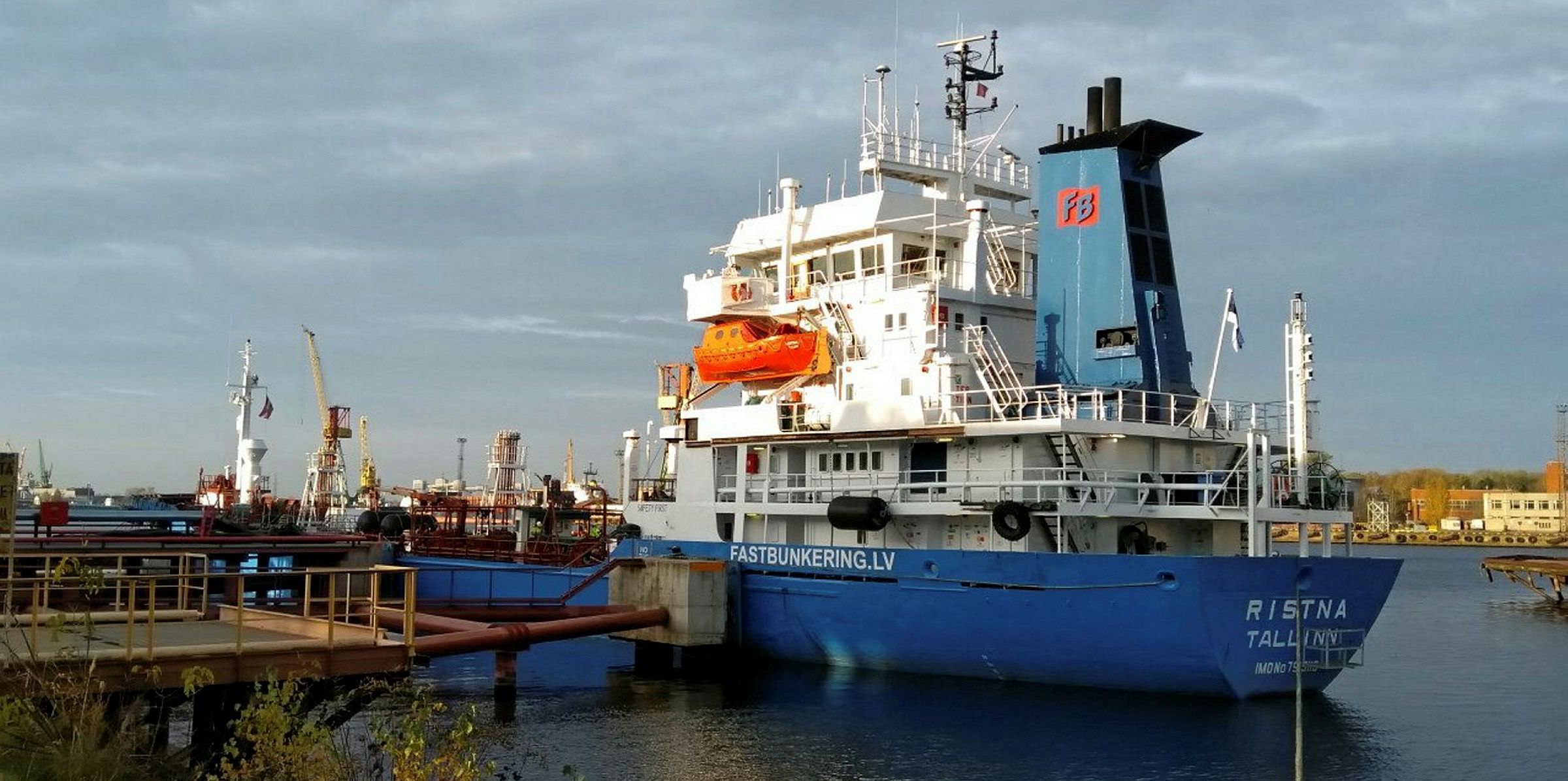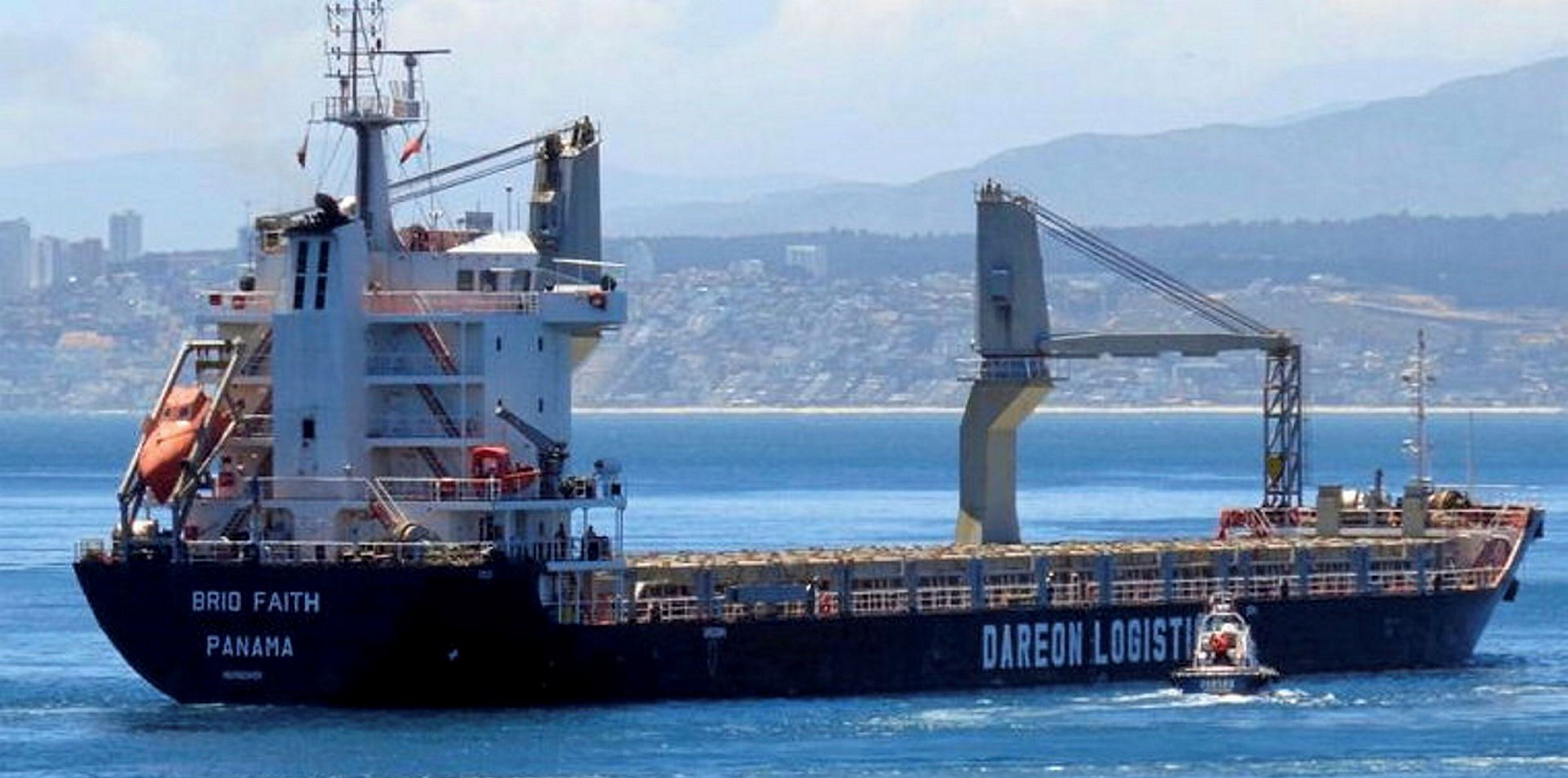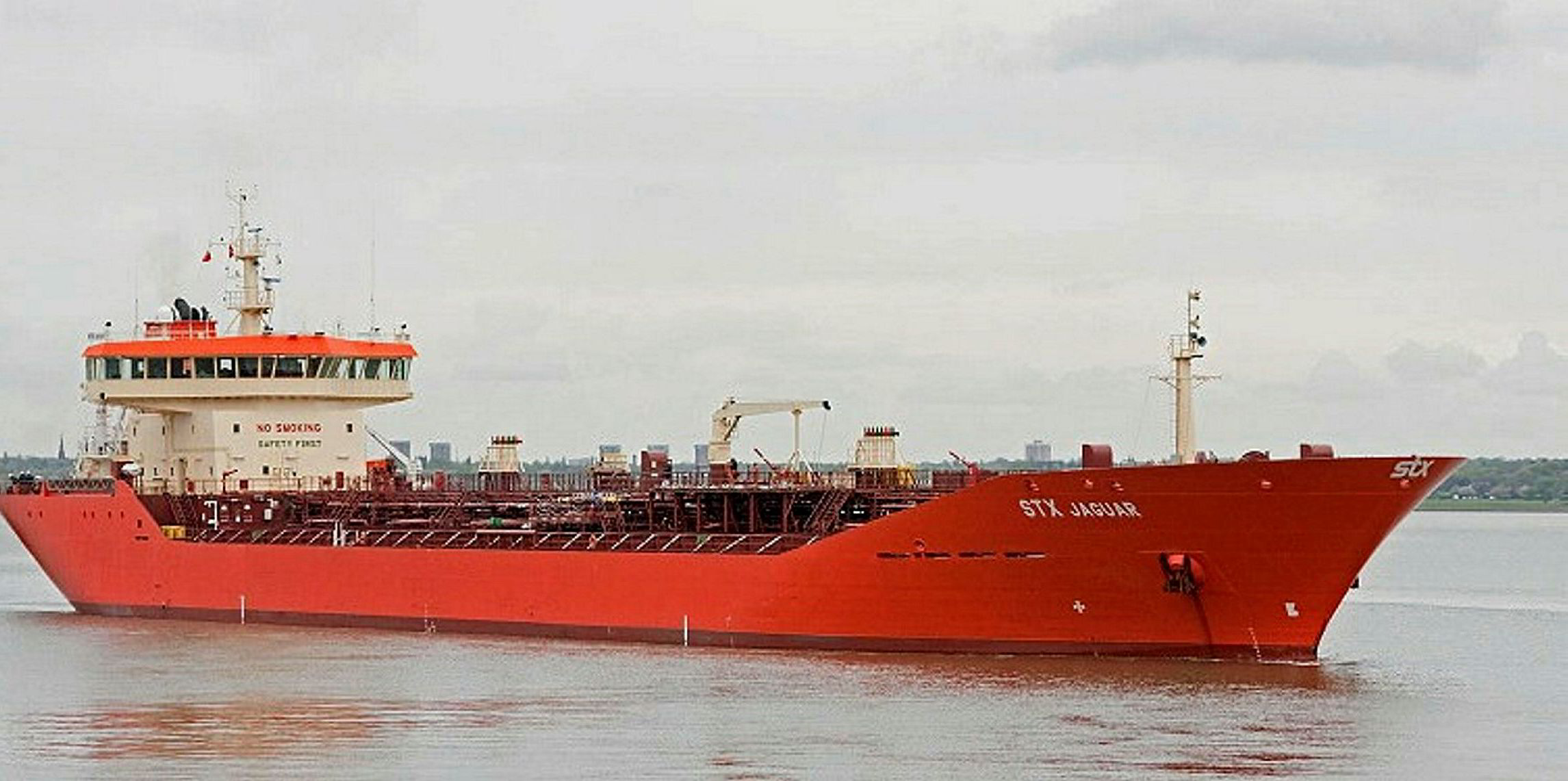The revamped Estonian shipping register has won back its first cargo vessel following rule changes in the summer.
The 3,800-dwt Ristna (built 1980) has rejoined after switching from the rival Latvian flag.
The tanker had flown the Estonian national flag before but opted for Latvia in May 2019 due to tough competition in the shipping market, the Estonian Maritime Administration (EMA) said.
The decision to reflag was made in the light of the special tax regime that came into force on 1 July this year. The exchange of flag took place on 30 October.
Estonia has tried to reduce costs and simplify procedures for shipowners.
Tarmo Ots, head of external affairs at the EMA, acknowledged that it is a small victory in the grand scheme of things, but "for us it means a lot".
Other owners to follow?
"Personally, I am very happy that both the shipowner and managing company has local roots and they decided to take back their own country's flag," he told TradeWinds. "I sincerely hope other local shipowners will follow this company."
The vessel is owned by NT Marine of Tallinn, which has five other tankers flying the flags of Cyprus, Lithuania and Latvia.
Technical management is provided by Welton Enterprises, which is also based in Tallinn.
The crew of the Ristna consists of 14 seafarers from Estonia, Latvia, Ukraine and Russia.
Captain Marek Rauk, acting director general of the EMA, said the reflagging of the tanker "proves that we are on the right track, as several shipowners are again showing interest in the Estonian flag".
Taavi Aas, Estonia's minister of economic affairs and infrastructure, said the country's maritime sector is "world-class, as we provide high-quality maritime education, have a favourable taxation system and business-friendly environment".
"With the shipping package, we have created even more favourable conditions for enhancing the competitiveness of Estonian shipping," he said.
Tonnage tax in place
The main benefit of the flag is access to a tonnage tax scheme where a fee is paid based on tonnage and not profit.
There is also a new regime for overseas crew members on Estonia-flagged vessels, who will pay a zero rate of income tax.
They will be allowed to benefit from the Estonian pension system and buy health insurance from the Estonian Health Insurance Fund.
Foreign shipowners can bring in bareboat-chartered vessels under a simplified system of two registers.
The first needs a "responsible person" based in Estonia, such as a shore-based company established there.
The second register will take vessels from companies registered outside the country, with an annual fee payable based on tonnage. This is €25,000 ($29,700) for a ship above 20,000 gt.
Estonia is on the Paris MOU's white list for port-state-control inspections.






